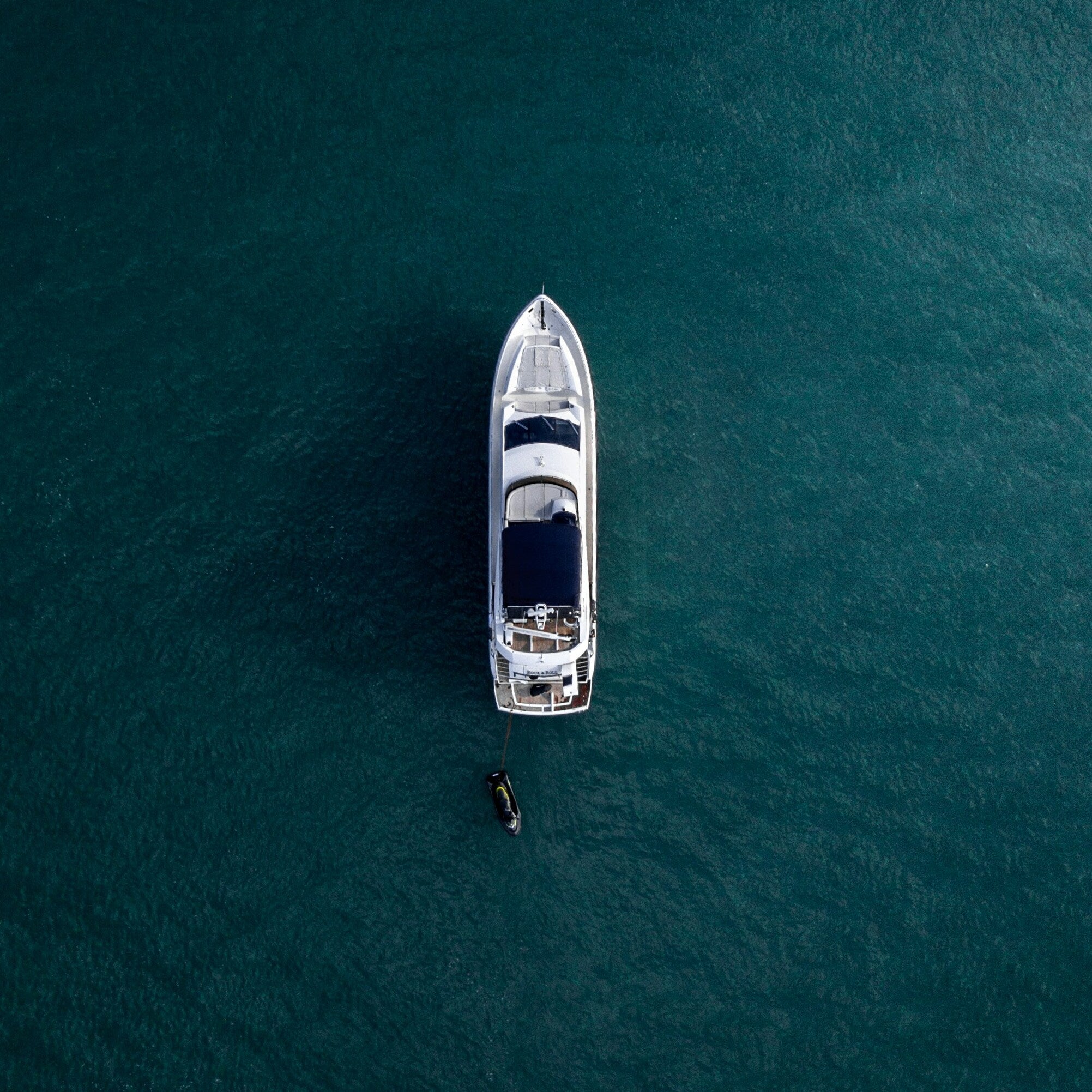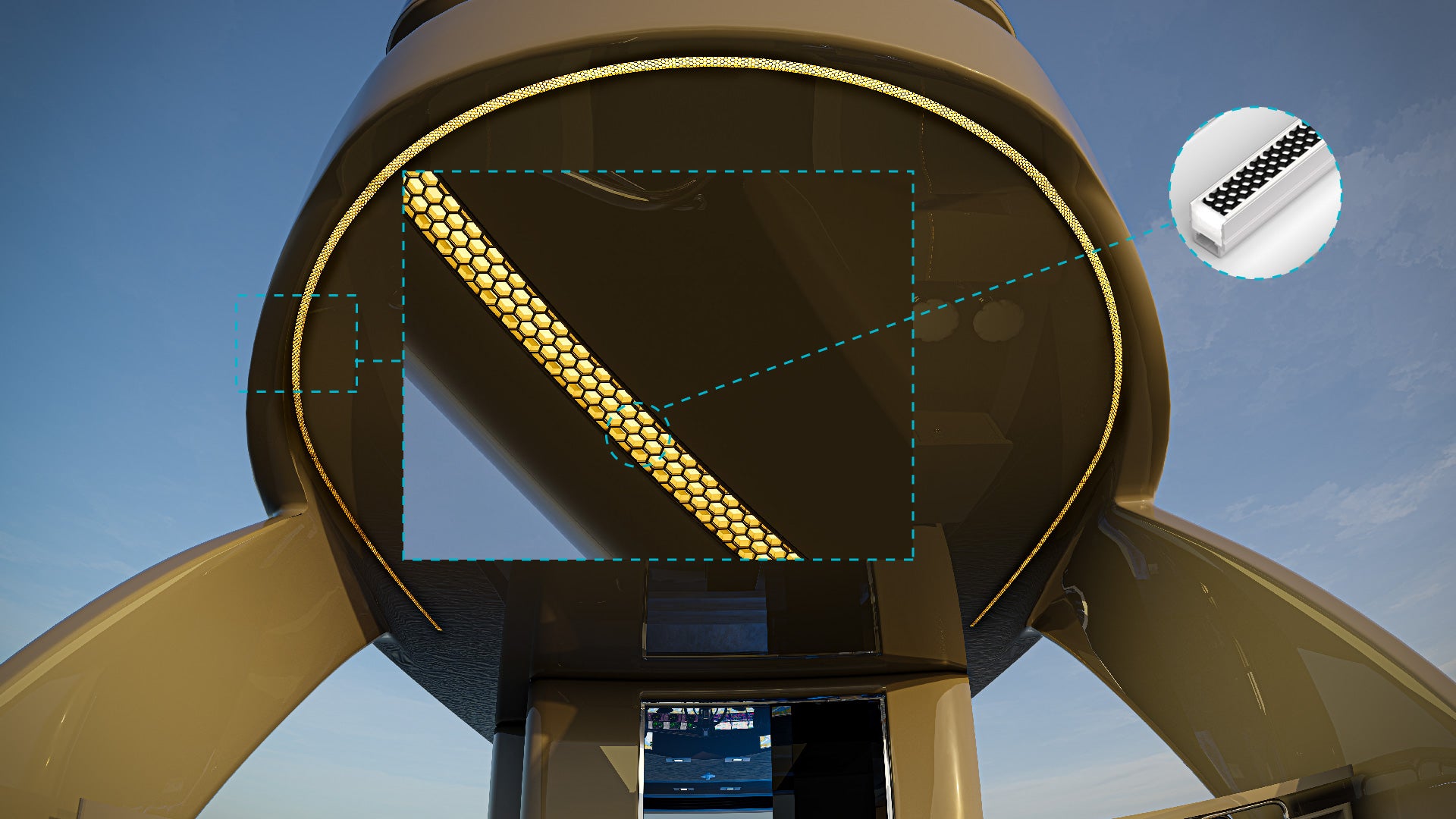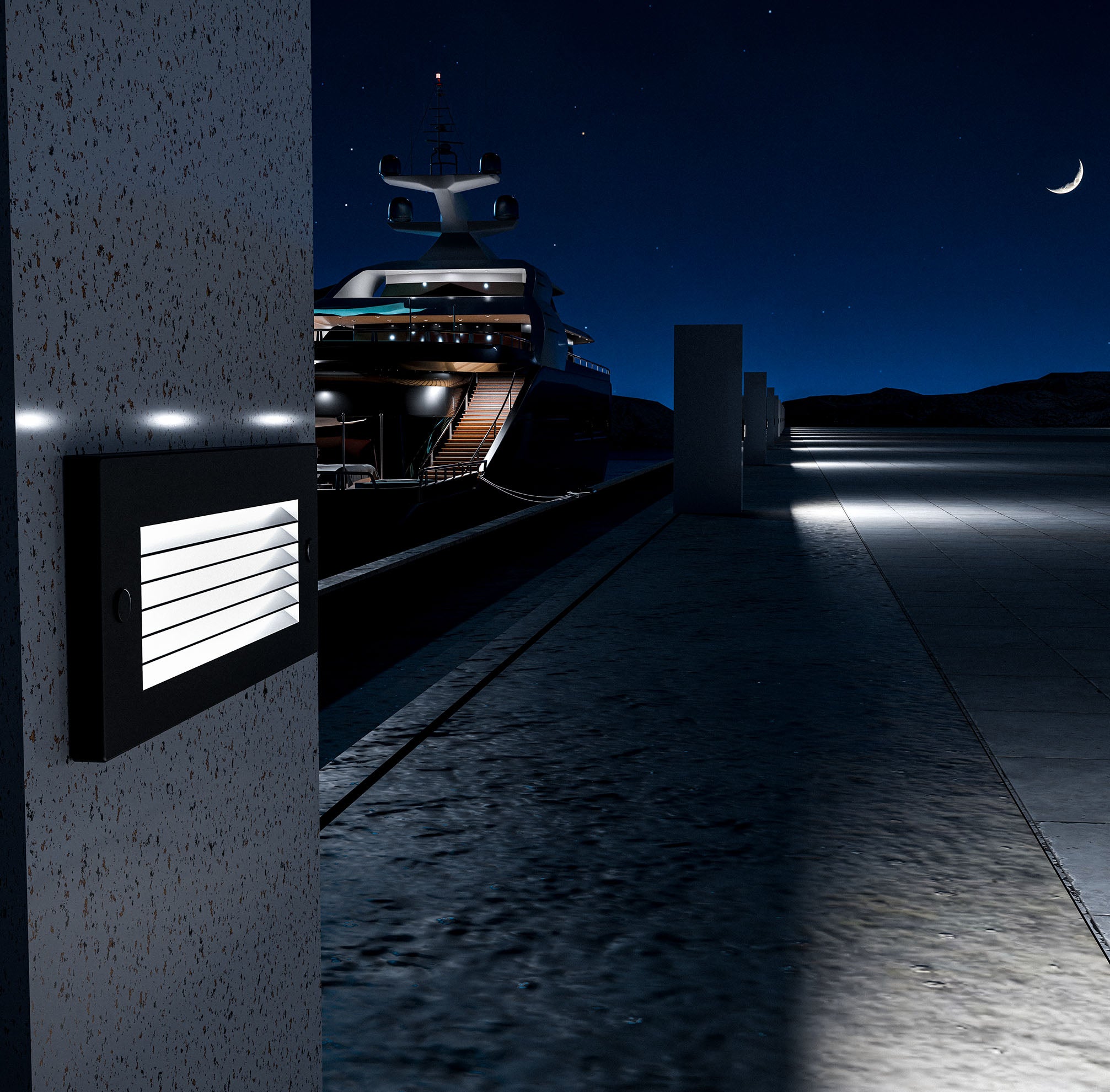The marine industry is undergoing a significant transformation as it seeks to reduce its environmental footprint. LED lighting has already made waves in this space due to its energy efficiency and durability. However, the next frontier in sustainable marine lighting is the integration of solar power. Solar-powered marine LED lighting is emerging as a viable solution, combining the benefits of renewable energy with the advanced capabilities of LED technology. This blog explores the future of solar power in marine LED lighting, detailing the technological advancements, benefits, challenges, and trends shaping this exciting development.
The Growing Demand for Sustainable Marine Lighting
As environmental concerns take center stage globally, the marine industry faces increasing pressure to adopt eco-friendly practices. Marine vessels, from small boats to large ships, contribute to pollution, both in terms of emissions and energy consumption. LED lighting has already reduced energy usage significantly, but there’s a growing demand for even greener solutions.
Solar power presents an opportunity to further enhance the sustainability of marine lighting. By harnessing the sun’s energy, solar-powered LED systems can operate independently of traditional power sources, reducing reliance on fossil fuels and minimizing the carbon footprint of marine operations. This shift is not just driven by environmental concerns but also by tightening regulations and guidelines aimed at promoting sustainable practices within the marine sector.
Technological Advancements in Solar Power for Marine Applications
The integration of solar power with marine LED lighting is made possible by recent advancements in solar technology. Solar panels have become more efficient, lightweight, and durable, making them suitable for the challenging marine environment. Innovations such as flexible solar panels, which can conform to the curves of a boat’s hull or deck, have expanded the possibilities for solar integration.
Moreover, the efficiency of solar cells has improved dramatically, allowing for greater energy capture even in low-light conditions. This is particularly important for marine applications, where weather conditions and sunlight availability can vary. Advanced energy storage solutions, like high-capacity lithium batteries, are also being developed to store solar energy effectively, ensuring a continuous power supply even during nighttime or cloudy days.
On the LED side, advancements in lighting technology have led to the development of LED systems that are not only more energy-efficient but also more adaptable to solar power. These systems can be optimized to work seamlessly with solar panels, ensuring that energy consumption is minimized while still providing sufficient illumination for marine activities.
Benefits of Solar-Powered Marine LED Lighting
The integration of solar power with marine LED lighting offers several key benefits:
Environmental Benefits
Solar power is a clean, renewable energy source. By adopting solar-powered LED lighting, marine operators can significantly reduce their carbon footprint and contribute to the preservation of marine ecosystems. This is particularly important in sensitive areas like coral reefs, where light pollution and emissions can have detrimental effects.
Economic Advantages
Although the initial investment in solar-powered systems may be higher, the long-term savings are substantial. Solar energy is free, and once the system is installed, operating costs are minimal. Over time, the reduction in fuel consumption and maintenance costs can offset the initial investment, making solar-powered lighting a cost-effective solution.
Practical Benefits
Solar-powered LED lighting systems offer increased reliability and independence from shore power. This is especially beneficial for vessels that spend extended periods at sea or in remote areas where access to electrical power is limited. Solar systems are also low-maintenance, reducing the need for frequent repairs or replacements.
Challenges and Considerations
While the benefits of solar-powered marine LED lighting are clear, there are several challenges and considerations to keep in mind:
Initial Costs and Investment
The upfront cost of installing solar panels and integrating them with LED lighting systems can be significant. This cost includes not only the panels and LEDs but also the necessary energy storage systems and control units. However, as technology advances and economies of scale are achieved, these costs are expected to decrease.
Limitations in Low-Sunlight Regions
Solar power is dependent on sunlight, which can be a limitation in regions with low sunlight exposure or during extended periods of cloudy weather. This can impact the effectiveness of solar-powered systems, particularly in high-latitude regions or during the winter months. Energy storage systems can mitigate this issue, but they add to the complexity and cost of the installation.
Technical Challenges
Integrating solar power with existing marine systems requires careful planning and engineering. Factors such as the placement of solar panels, wiring, and energy storage must be considered to ensure optimal performance. Additionally, the marine environment presents unique challenges, such as saltwater corrosion and the need for waterproofing, which must be addressed in the design and installation of solar-powered systems.
Future Trends and Predictions
The future of solar power in marine LED lighting is bright, with several trends and predictions pointing toward increased adoption:
Emerging Trends in Solar Technology
Innovations such as bifacial solar panels, which capture sunlight on both sides, and solar cells with higher efficiency rates are expected to further enhance the viability of solar power in marine applications. Additionally, the development of transparent solar panels could allow for integration with windows or other surfaces, maximizing the available space for solar energy capture.
Role of AI and IoT
Artificial intelligence (AI) and the Internet of Things (IoT) are playing an increasingly important role in optimizing solar-powered systems. AI algorithms can predict energy usage patterns and optimize the charging and discharging of batteries, ensuring that energy is used efficiently. IoT devices can provide real-time monitoring and control, allowing operators to manage their lighting systems remotely and respond quickly to any issues.
Market Growth and Adoption
As the technology matures and becomes more affordable, the adoption of solar-powered marine LED lighting is expected to grow. This growth will be driven by both regulatory pressures and the increasing availability of cost-effective solutions. The market for solar-powered marine lighting is projected to expand, with more manufacturers entering the space and offering a wider range of products.
Solar power represents the next step in the evolution of marine LED lighting. By harnessing the sun’s energy, marine vessels can achieve greater sustainability, reduce operating costs, and enhance the reliability of their lighting systems. While there are challenges to overcome, the benefits of solar-powered marine LED lighting are clear. As technology continues to advance, we can expect to see more vessels adopting this innovative solution.
K2 Lighting is at the forefront of this revolution, offering a range of marine LED lights that are compatible with solar power. Whether you’re outfitting a yacht, fishing boat, or research vessel, our products are designed to meet the demands of the marine environment while reducing your environmental impact. Visit our website to explore our offerings and learn how you can integrate solar power into your lighting systems.





